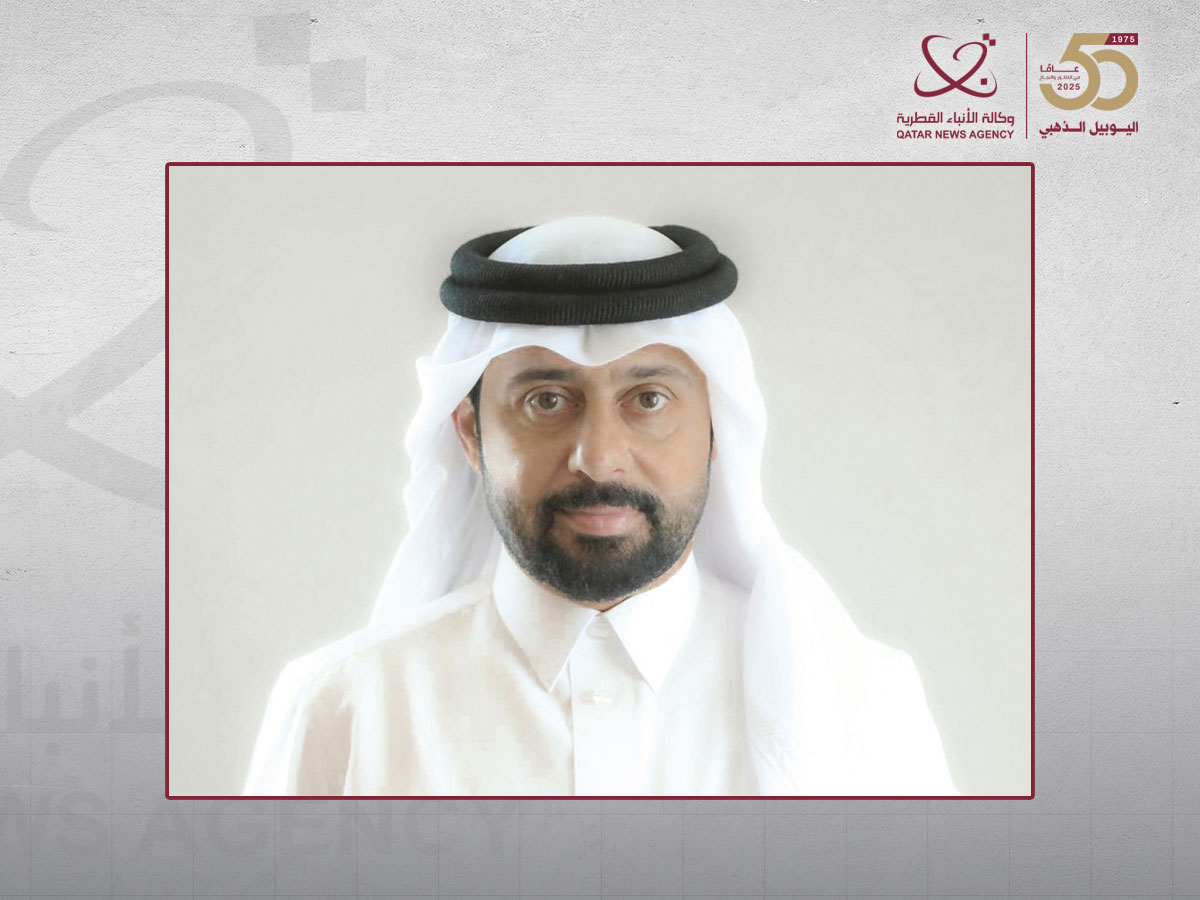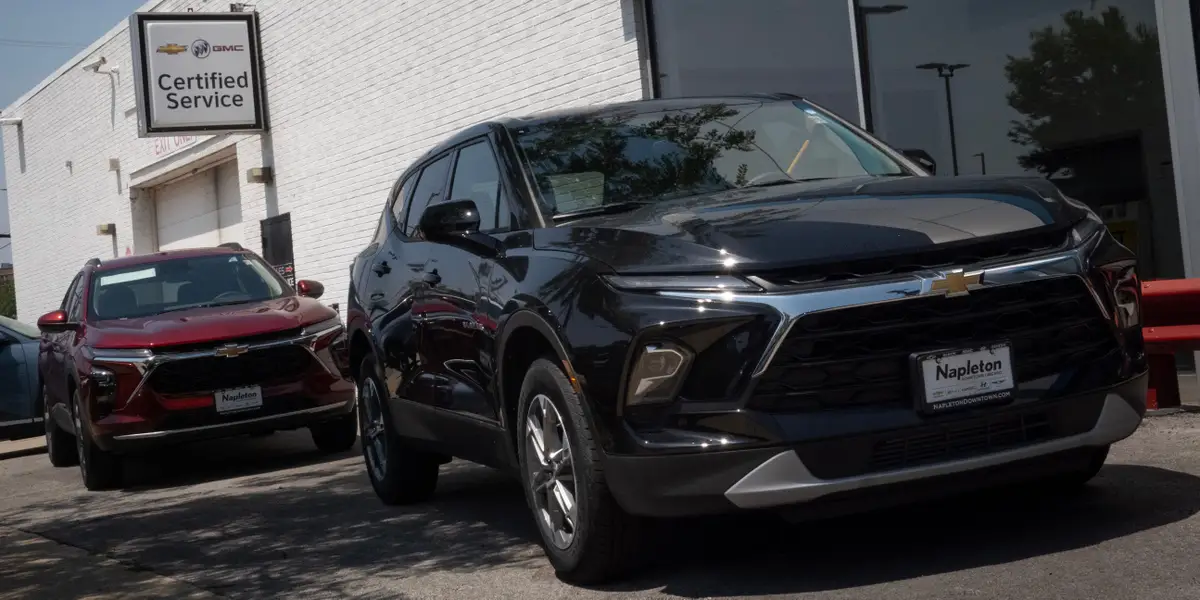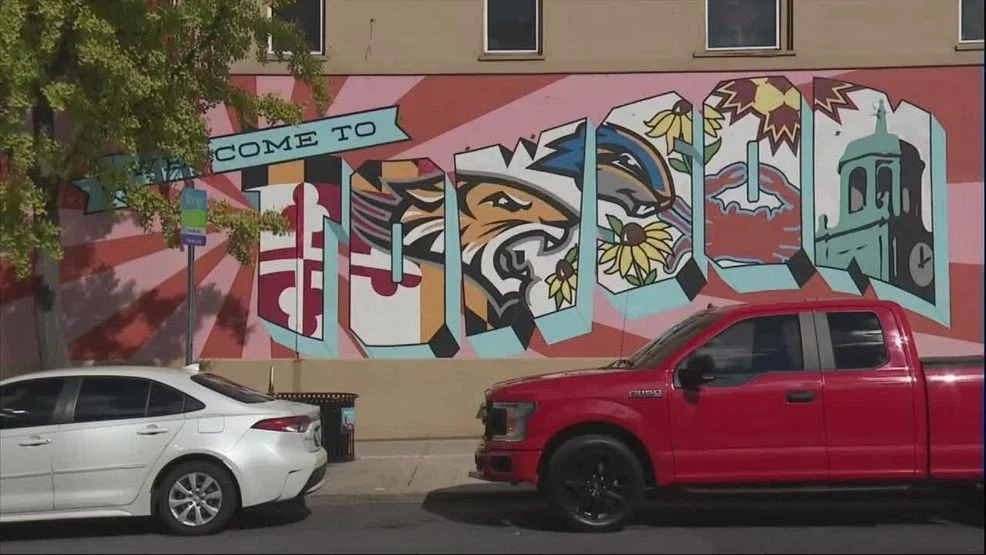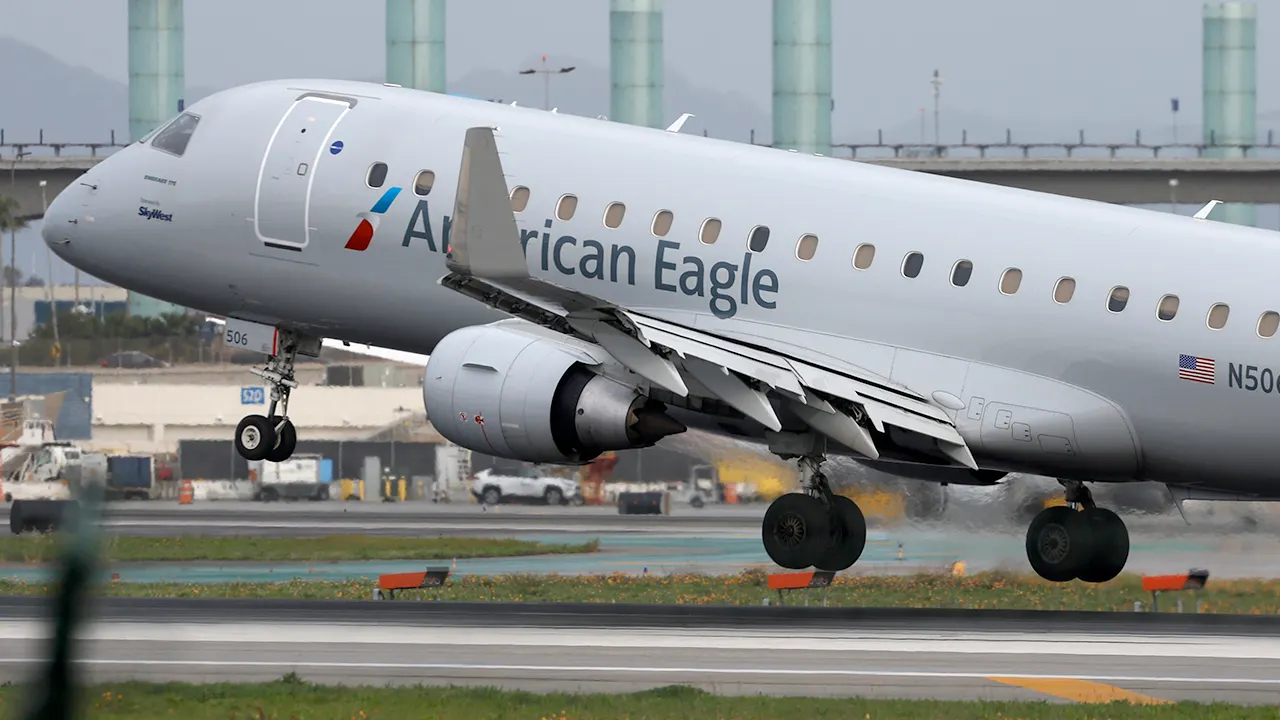Copyright Mechanicsburg Patriot News
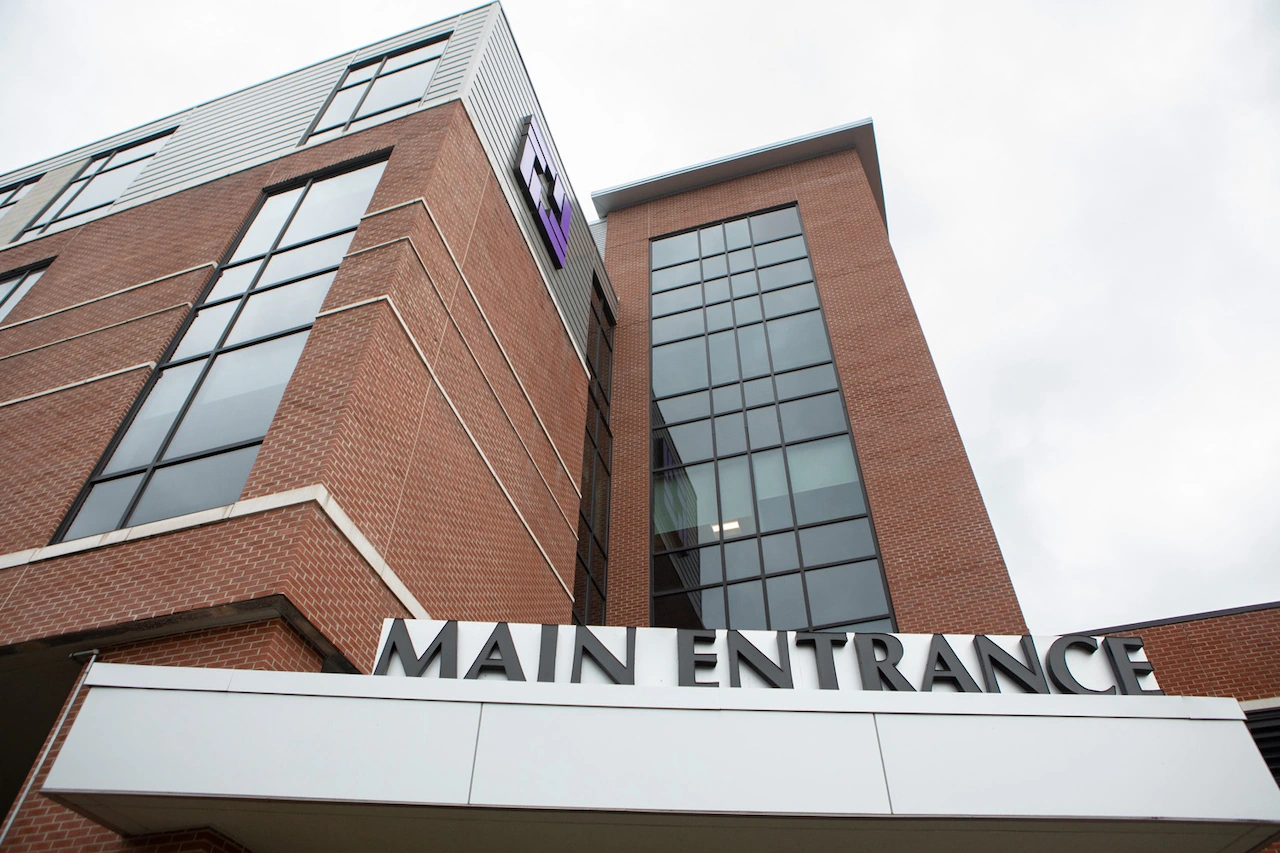
Rural Pennsylvania could face new challenges in filling critical healthcare staffing as a result of a new $100,000 fee on new H-1B visas, a program that allows educated foreign workers to fill labor shortages in the United States. President Donald Trump announced the proposal in a recent proclamation, part of his administration’s broader effort to restrict immigration in all forms. Experts and lawyers warn that some changes may not be legal and could have unintentional consequences for communities already struggling to recruit medical professionals. Julia Gelatt, associate director of the U.S. Immigration Policy Program at the Migration Policy Institute, said the issue ties into broader demographic trends. “With population aging and with lower fertility rates, the number of people in their working ages in the United States isn’t increasing,” Gelatt said. “So, the U.S. economy is really dependent right now on immigrants for growing our labor force.” How does this impact you? The H1B visa program, created 35 years ago, was designed to fill U.S. labor shortages in fields such as science, technology and engineering by bringing highly skilled, foreign workers on a temporary basis. Except for certain exempt organizations like nonprofits and educational organizations, there’s an annual cap of 65,000 visas, with an additional 20,000 reserved for applicants with a graduate degree or higher. A 2025 Bureau of Labor Statistics report found that foreign-born workers are more likely to be employed in manual labor and service jobs, particularly in construction, maintenance and transportation. Still, studies show that immigrant labor remains vital to the U.S. economy as a whole. H-1B visas, however, fill a more specialized need. In medicine, for example, the flow of doctors from urban to rural areas has been in decline, worsening a national physician shortage in underserved areas. Adding to that, recent federal budget cuts from the Trump administration and Pennsylvania’s state budget impasse have further strained resources for rural hospitals. Dr. Heather Beauparlant, president of the Pennsylvania Academy of Family Physicians, said H-1B visas are often essential for keeping these hospitals staffed. “A lot of our urban docs, it’s not unusual, especially in specialty [medicine], for you to stay where you trained and you have your network there,” Beauparlant said. “So most rural job postings offer visas.” Residents in parts of rural Pennsylvania already travel long distances for surgical and emergency services. In Pike, Wayne and Susquehanna counties, the region’s only community hospital provider recently closed its outpatient facilities and scaled back regular services because of the recent federal funding cuts. This year, 9,930 H-1B visas were approved in Pennsylvania, according to U.S. Citizenship and Immigration Services data. In 2022, 911 H-1B recipients were working in medicine across the state, according to a Journal of General Internal Medicine report released this year. Beauparlant said some physicians are working well into their 80s to fill gaps in care. “This is all very concerning because the big thing is going to be maintaining quality of care,” Beauparlant said. “To give these vulnerable communities the best access to high quality care, especially when they don’t have the network of specialists in these more rural communities.” A quick recap of what happened this year On Sept. 19, a Friday evening after business hours, President Donald Trump issued a presidential proclamation creating a new $100,000 fee for H1B visas. The order’s language was vague, with no specifics about who would be subject to the fee or how often it would be charged. Attorney Matt Hirsch, a partner at Solow, Hartnett and Galvan with more than 30 years of experience in immigration law, remembers that night vividly. His inbox, he said, was flooded with messages from employers, human resources representatives, H-1B visa holders and their families. “The initial reaction was one of chaos, like it was a tsunami,” Hirsch said. “People who were abroad were hastening to buy airline tickets at any price to get back into the United States before the imposition Sunday morning.” An NBC report found that a flight to Dubai was delayed in San Francisco for three hours after several passengers chose to leave the aircraft following news of the H-1B announcement. In the hours that followed, conflicting messages came from the White House and other officials. Commerce Secretary Howard Lutnick said that night that employers would have to pay the fee every year, but White House Press Secretary Karoline Leavitt posted on X that it was a one-time charge for new visas only. The next afternoon, at 2:58 p.m. Saturday, the White House rapid response account also used X to reiterate Leavitt’s clarification, though the White House website still makes no mention of those details. “Are we a country of laws or are we a country of proclamations where laws are made by proclamation?” Hirsch said. Under the Immigration and Nationality Act, the president has broad authority to suspend the entry of immigrants if doing so is deemed detrimental to U.S. interests. But Hirsch said the new policy could face legal challenges because the law deals specifically with the arrival of people from outside the U.S., not those who are already in the country. Another immigration attorney, Thomas J. Pivnicny of Kitay Law Offices in Wyomissing said the uncertainty of the past few weeks has made advising clients difficult. “From a legal standpoint, it’s kind of hard to advise people what they should or shouldn’t do when essentially the goalpost is getting moved at times from one day to the next,” Pivnicny said. Julia Gelatt from the Migration Policy Institute said its also unusual for the executive branch to impose new visa fees outside of the normal process. “[U.S. Citizenship and Immigration Services] already increase their fees every two years,” Gelatt said. “Normally they would also take more care in writing the executive order or the proclamation before issuing it so that there weren’t so many clarifications needed afterwards,” Does restricting visas actually increase American labor in the workforce? Companies across the country are already considering how to move forward if more restrictions are placed on foreign-born workers. Studies show that immigrant workers, especially those with specialized education, drive economic growth in the United States and contribute more in taxes than they receive in government benefits. Gelatt said it’s a reminder the U.S. labor market isn’t black and white, but a complex and evolving system. “Maybe that [visa restrictions] could allow some jobs to go to U.S. workers instead of foreign workers,” Gelatt said. “But we will also see jobs disappear from the United States altogether. Companies might move their operations overseas because they aren’t able to expand their operations in the way they want to. They might hire more remote workers.” Attorney Pivnicny said that long-term effects on American workers could be staggering. “It’s got the possibility to significantly affect essentially what many businesses throughout the United States economy have relied on for a long time in terms of filling roles that are necessary to the operations of many businesses,” Pivnicny said. Many critics of the H-1B visa have cited fraud as a reason to scale it back. “The truth of the matter is regardless of what system we’re talking about, there’s always going to be folks who look to exploit where they can exploit,” Pivnicny said. “Just like in any industry, it’s pretty unlikely that you’ll ever completely eliminate fraud.” Historically, research has shown that U.S.-born and foreign-born workers tend to complement each other in the labor market rather than compete directly. “I can see some of the shortages already impacting people in rural Pennsylvania,” Beauparlant said. “And with the higher fee, it could become a very substantial lack of access to care for a lot of our patients and our communities.” The new $100,000 H-1B visa fee took effect on Sept. 21, 2025 and applies to all new petitions filed after that date.
